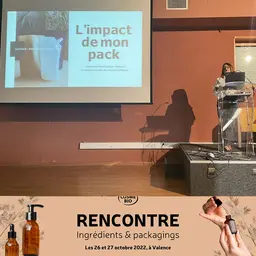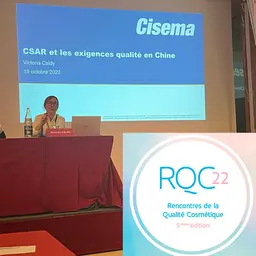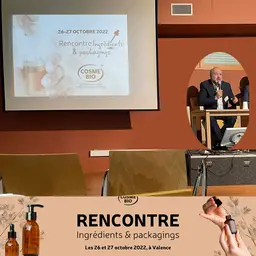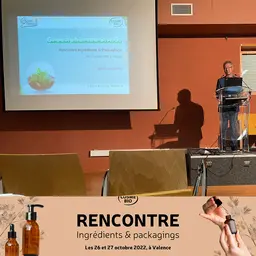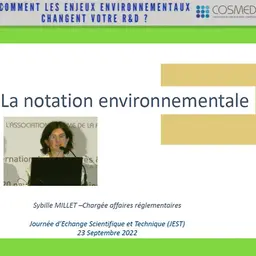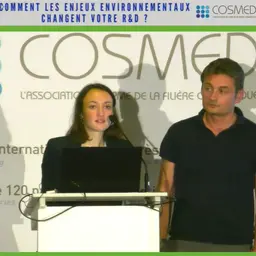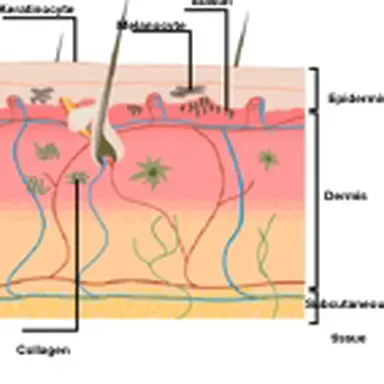
Already prohibited by the European Regulation in the cosmetics industry, animal testing is more and more disparaged and often criticized among the general public. Although giving up these protocols to switch to more ethical experimentation methods may prove complicated and costly, the first Inexo Symposium was held on July 7 in Montpellier, France, to make an update on the scientific advances in the field of alternatives to the use of animals.
Christian Pellevoisin, Researcher at Episkin, presented the work done by his company, a L’Oréal subsidiary that has produced reconstructed epitheliums for 25 years on an industrial scale.
The skin: an organ like no other
According to Christian Pellevoisin, what makes Episkin such a different research centre is that they work on an exceptional organ: the skin. He characterizes it as an interface ‘between the self and non-self.’ He adds that ‘it is a vital organ for the body, in particular due to its barrier function. Still, the skin is extremely complex. It is the largest organ of the human body and its composition is very rich. If you look at its composition on a square centimetre, you can find hair follicles, sweat glands, and a very developed sensorial system.’
To reconstruct tissues, Christian Pellevoisin explains that it is ‘necessary to use primary cells and avoid cell lines, in particular for reconstructed tissues. You need to be extremely close to the homeostatic conditions of the human body.’ The Episkin laboratory has signed agreements with hospitals that give them access to skin explants from plastic, abdominal, breast, or even prepuce circumcision surgery, for certain models.
To create tissues, Christian Pellevoisin specifies that ‘the …

